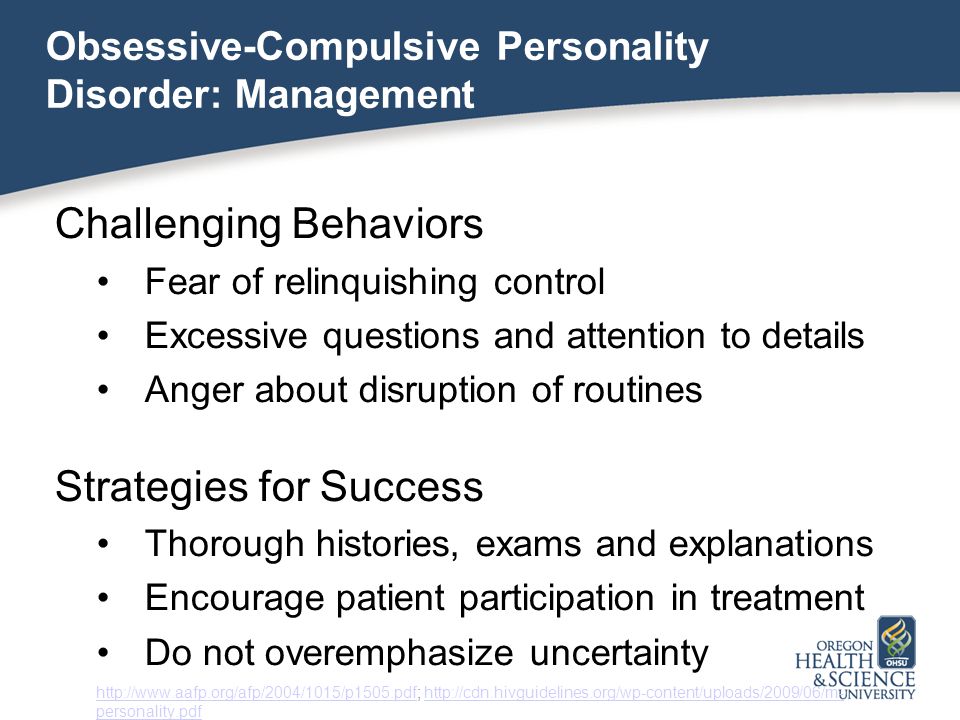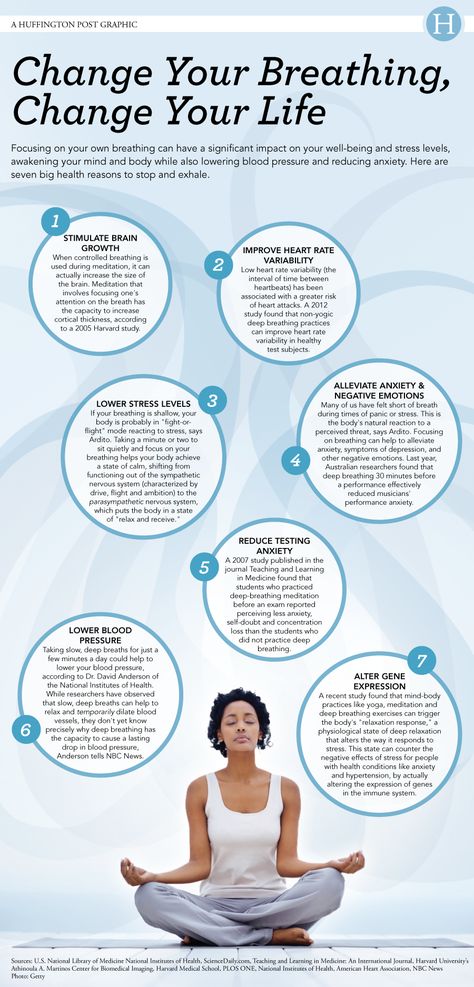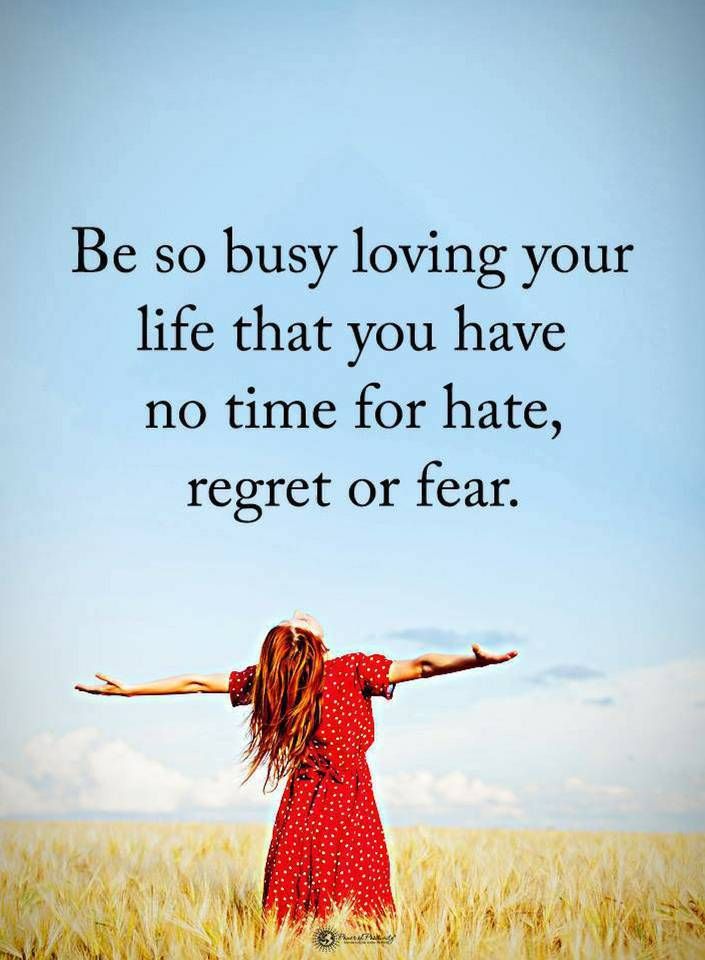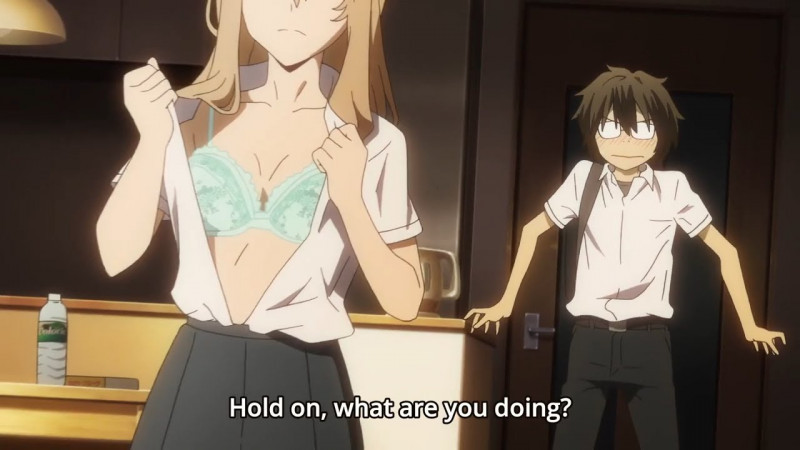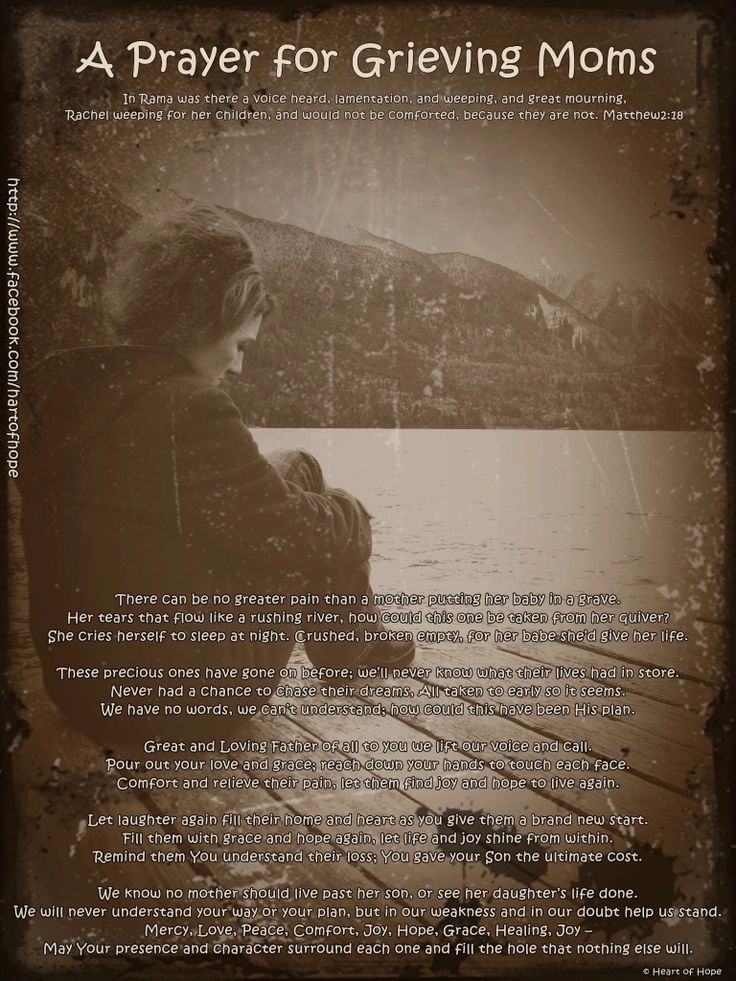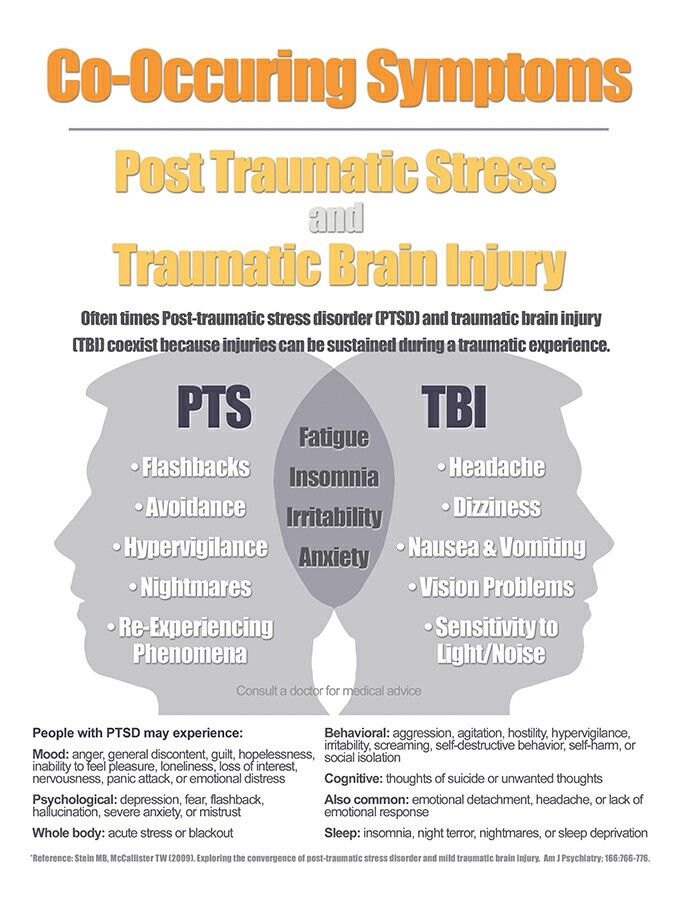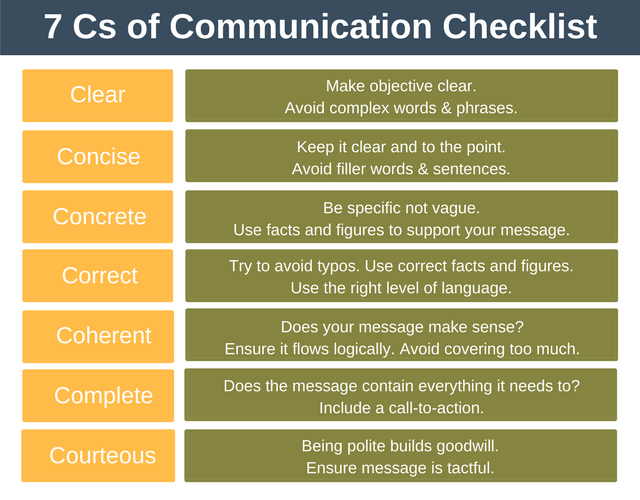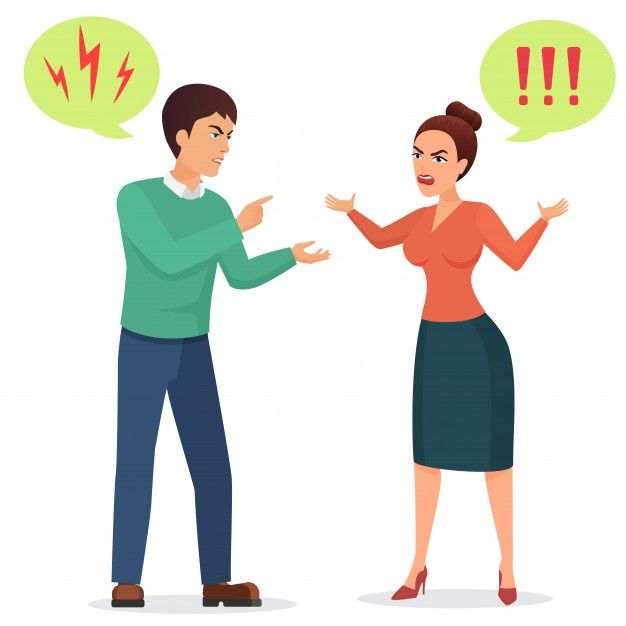Empathy or apathy
On Empathy and Apathy: Two Case Studies
- The suffix -pathy means “feeling” or “suffering”
- The prefix em- means “within” or “inside”
- The prefix a- means “not” or “without”
By definition, empathy is the opposite of apathy.
Empathy is defined as “the ability to understand and share the feelings of another” — within + feeling or inside + suffering.
Apathy is defined as “a lack of interest, enthusiasm, or concern” — not + feeling or without + suffering.
I believe empathy and apathy exist on a spectrum. The degree to which one feels the feelings of another determines whether one’s dot is plotted closer to the empathy or apathy extreme.
To have the most possible empathy (and therefore the least possible apathy) can then be described as feeling the feelings of another with the greatest accuracy and effort. On the other hand, to have the most possible apathy (and the least possible empathy) is to have no accuracy in feeling the feelings of another — to simply not try at all.
Both of these “modes of being” are contagious; by definition, they require two people to exist. Contagious means “spread from one person to another by direct or indirect contact.” One person who chooses to — or who is intrinsically disposed to (a distinction I’ll explore at a later date) — act with empathy or with apathy has the power to infect everyone around them.
I believe it is the empathy-apathy disposition spectrum that is, at the very core, responsible for creating organizational and communal culture. And it only takes one person to plant the seed.
I recently came across two stories that I think serve as terrific examples of how one person’s temperament can both create and indicate the attitudes and behaviors of their respective environments. First, an act of empathy demonstrated by Panera Bread, followed by an act of apathy demonstrated by United Airlines.
Empathy at Panera Bread
A 21-year-old college student named Brandon Cook visits his grandmother in the hospital.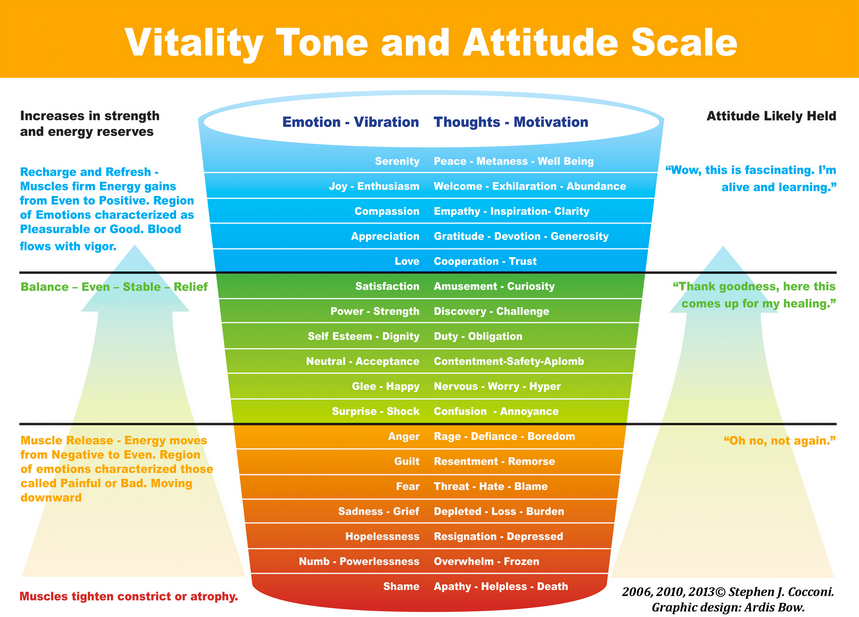 She is dying of cancer. She’s craving soup, but hates the hospital food. What she really wants is clam chowder from Panera.
She is dying of cancer. She’s craving soup, but hates the hospital food. What she really wants is clam chowder from Panera.
Brandon loves his grandmother and knows she doesn’t have much time to live. Watching her die is hard every day. He wants to make her happy and knows that doing so will make him happy too. Brandon probably hasn’t eaten his grandma’s hospital food, but he can imagine how bad it is. He feels she deserves better, and he wants to give it to her.
Panera only sells their clam chowder on Fridays. Today, the day Brandon’s grandma wants clam chowder, isn’t Friday. He doesn’t want to wait to get grandma what she craves because he isn’t sure how long she has to live. Today is what matters.
Brandon calls up the local Panera and asks for the manager. He explains the situation and the manager listens. The manager is touched by the love Brandon feels for his grandma. She can imagine what it feels like to know you’re about to lose someone who means so much to you and want to make them happy in the time you have left.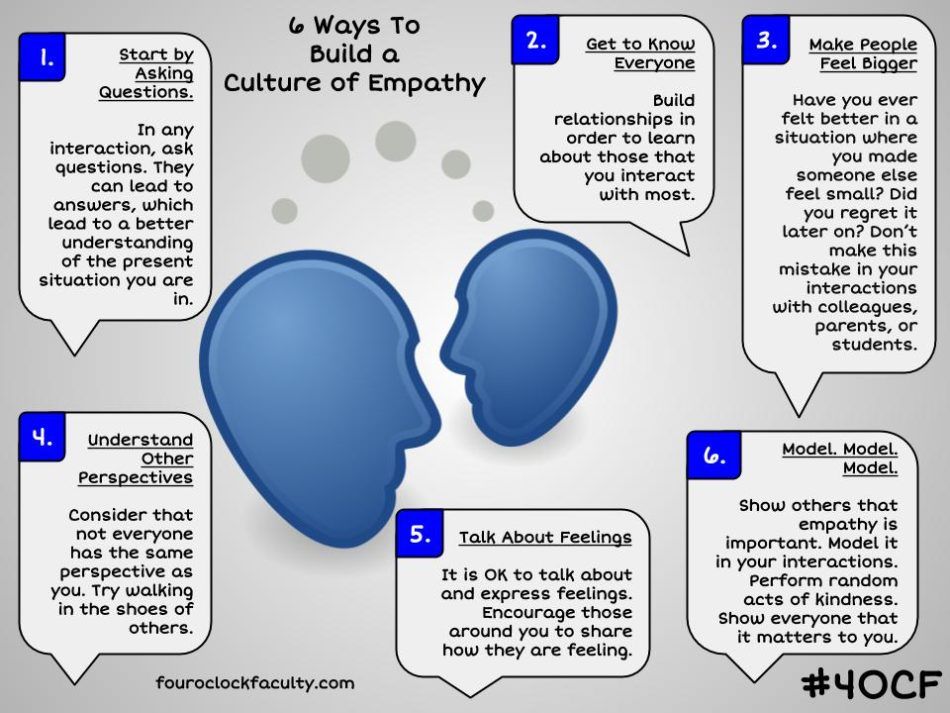 Though today isn’t Friday, the manager decides to go out of her way to make the clam chowder. She tells Brandon when he can come pick it up.
Though today isn’t Friday, the manager decides to go out of her way to make the clam chowder. She tells Brandon when he can come pick it up.
When Brandon arrives at the Panera in Nashua, New Hampshire, the clam chowder is waiting for him. Along with it, the manager gives him a box of cookies. The manager doesn’t know Brandon’s grandma and doesn’t know if she likes cookies, but she knows how most people feel about cookies. She can imagine that a free and unexpected box of cookies will make Brandon’s grandma even happier than a cup of on-the-wrong-day clam chowder.
Brandon is so thankful to Panera for helping him deliver clam chowder to his dying grandma. Not only did the manager go out of her way to make the soup for only one customer, she also gave him a box of cookies for free. Brandon imagines that it must have been an inconvenience to make a whole batch of soup on a day they hadn’t planned to. He also imagines that giving away free cookies isn’t commonplace at Panera. He recognizes that the manager understood his situation and felt his pain. She not only wanted to fulfill his wish, but surprise him as well. She must have really cared about him and about his grandma.
He recognizes that the manager understood his situation and felt his pain. She not only wanted to fulfill his wish, but surprise him as well. She must have really cared about him and about his grandma.
Brandon felt so moved by the kindness the Panera manager showed him and his family that he wanted to repay the favor. He wanted others to know what had transpired so that they could feel amazed and happy too. Brandon posted the Panera story on his Facebook wall for his friends to see. It was the best way he knew how to tell the story to as many of his friends as possible.
As it happened, Brandon’s mom, Gail Cook saw his wall post. She admired her son’s initiative and deep care for his grandma (her mother-in-law), and was so impressed by the kindness and generosity of the manager at her local Panera. She imagined that both Panera fans and its employees nationwide would be delighted to hear this uplifting story. Gail reposted Brandon’s wall post onto Panera Bread’s fan page.
The story spread like wildfire. Less than two weeks later, Brandon’s wall post has been liked almost 750,000 times and has received nearly 32,000 comments.
Less than two weeks later, Brandon’s wall post has been liked almost 750,000 times and has received nearly 32,000 comments.
An article by the local Nashua Patch, Of Clam Chowder and Comfort Food for the Soul, identifies the Nashua manager as Suzanne Fortier. Adweek recapped the incident in How a Fan Post on Panera’s Facebook Page Got Half a Million Likes, and that link made its way to me.
When Suzanne was asked why she did it, she said that anyone at Panera would have: she “just happened to be the one to answer the phone.” This can be read two ways: (1) Panera encourages empathy for others, or (2) working at Panera, one is allowed to preserve and demonstrate one’s own innate level of empathy. I believe these go hand-in-hand. [Note: I am pleased, but not surprised, to have happened upon Panera Cares, the company’s non-profit foundation which has opened a chain of pay-what-you-can cafés around the country.]
Suzanne doesn’t want the glory.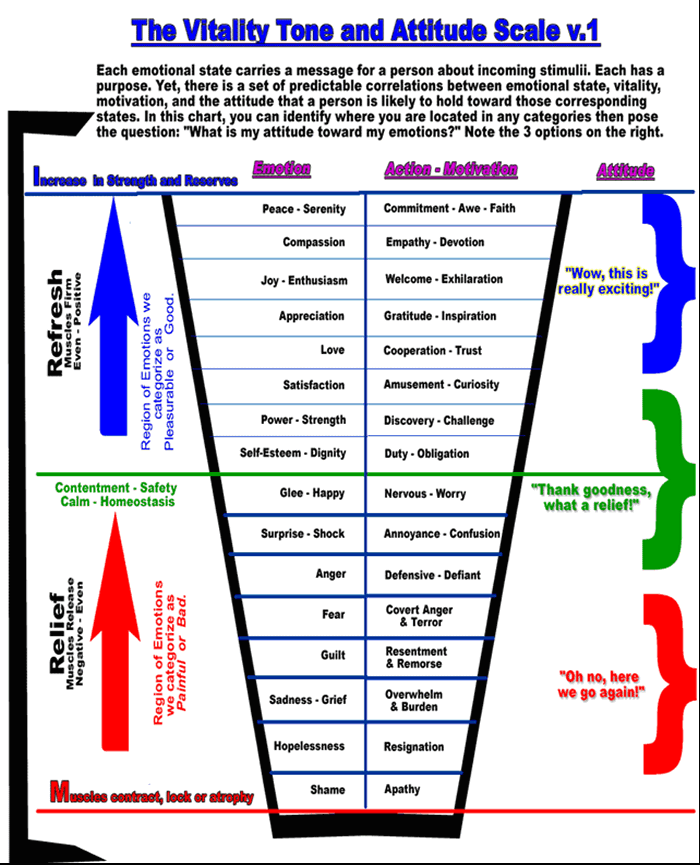 The result of empathy is intrinsic and doesn’t require validation. Instead, Suzanne thinks Brandon is the real hero; it is his devotion to his grandma that has most affected her. Gail, Brandon’s mom, feels the same way, saying that she doesn’t believe most people his age would have demonstrated the same affection.
The result of empathy is intrinsic and doesn’t require validation. Instead, Suzanne thinks Brandon is the real hero; it is his devotion to his grandma that has most affected her. Gail, Brandon’s mom, feels the same way, saying that she doesn’t believe most people his age would have demonstrated the same affection.
“I think it’s so touching to other people because they are relating to the situation.”
Empathy: an ability to relate.
Brandon’s reaction to the virality:
“I totally wasn’t expecting this to take off like it has. If my grandma even knew what a Facebook page was, I’d show her…My grandmom’s biggest fear was dying with no friends. I wish I could show her how many ‘friends’ she has out there, and how many prayers people are saying for her.”
Apathy at United Airlines
A 10-year-old girl named Phoebe Klebahn is flying by herself on United Airlines from San Francisco to Grand Rapids, with a layover in Chicago, on her way to summer camp. She has plenty of time to make her connecting flight. When she lands in Chicago, no one greets her at the arrival gate. She isn’t sure what she’s supposed to do or where she’s supposed to go. Again, she’s 10 years old.
She has plenty of time to make her connecting flight. When she lands in Chicago, no one greets her at the arrival gate. She isn’t sure what she’s supposed to do or where she’s supposed to go. Again, she’s 10 years old.
Phoebe waits for someone to find her, scared and vulnerable. She eventually approaches the agents at the gate counter to ask for help finding her next flight, but she is told to wait. The gate agents are busy helping other customers and ignore a 10-year-old girl who is traveling alone. She doesn’t have a cell phone and asks the agents if she can use their phone to call home. They again tell her she has to wait. They make her wait so long, she misses her connecting flight to Grand Rapids.
When she finally gets an agent’s attention, she asks if they can call the camp to make sure they know she missed the flight and is safe in Chicago. The agent says they will call. They never do. They don’t offer to call her parents, they don’t help her get on the next flight to Grand Rapids, they don’t ask her if she’s hungry or thirsty or needs to use the bathroom.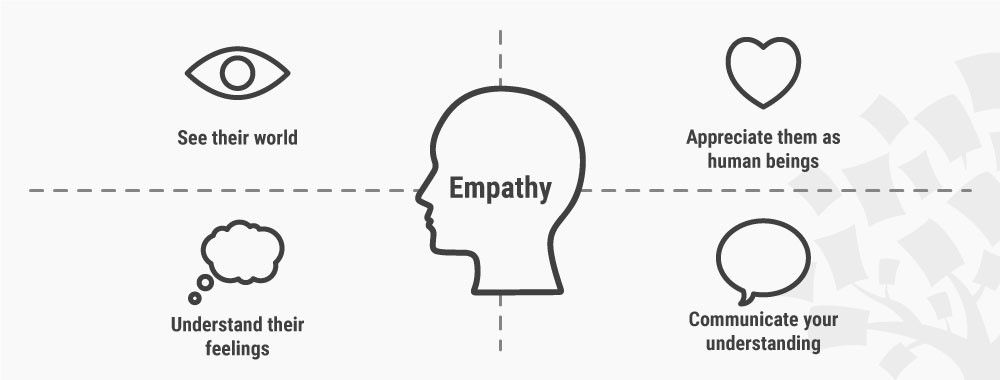 No one helps at all.
No one helps at all.
The flight lands in Grand Rapids, and the camp folks are there to pick Phoebe up. When she doesn’t get off the flight, they worry. They had not been notified of any change in plans. They call Phoebe’s parents and ask for an update.
This is the moment when Phoebe’s parents learn she’s missing. Three hours after she has landed in Chicago. They immediately both call United Airlines in search of their daughter. Phoebe’s mother reaches a customer service rep in India who checks the manifest and says that Phoebe must still be in Chicago. “I’m sure she is fine.” She neither attempts to contact anyone in the Chicago airport to find Phoebe, nor apologizes in any way (despite it not being her fault that Phoebe is lost). When the rep offers no solutions, Phoebe’s mom asks to speak to her supervisor. She is then put on hold for 40 minutes before the supervisor takes the call.
Meanwhile, Phoebe’s father is also on the phone with United Airlines. Because he has Premier status on United’s MileagePlus program, he is connected to a United employee in the Chicago airport.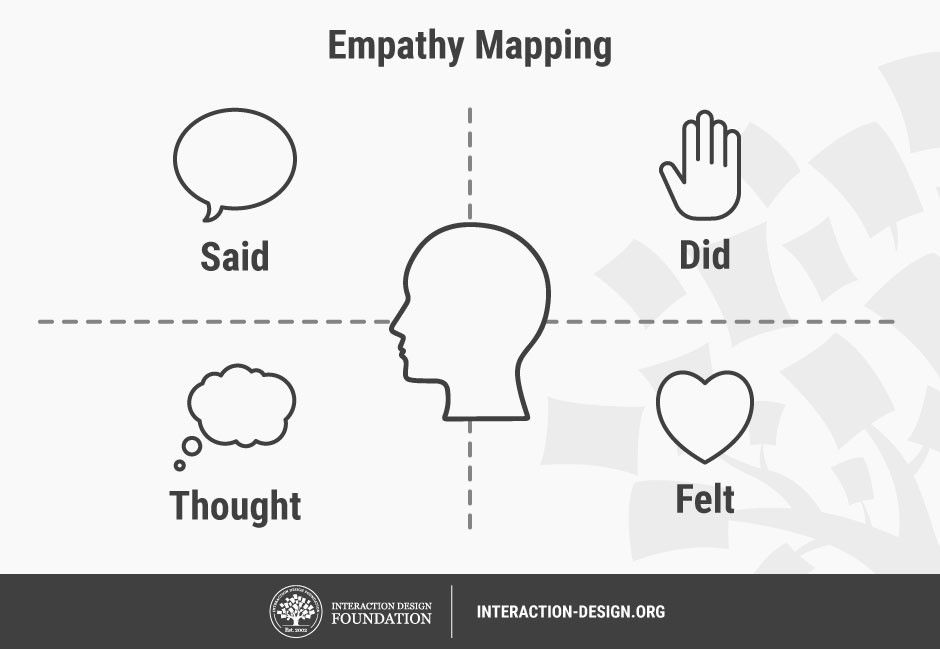 When he asks why his daughter didn’t make her connecting flight to Grand Rapids, the United employee says she has no idea why and puts him on hold. She does not say whether his daughter is safe or express any concern about the nerve-wracking situation. When she gets back on the line, she informs Phoebe’s father that the outsourced unaccompanied-minor service that United Airlines pays for apparently “forgot to show up” to transfer Phoebe to her next flight. She doesn’t know why. And she still hasn’t sent anyone to find Phoebe in the airport.
When he asks why his daughter didn’t make her connecting flight to Grand Rapids, the United employee says she has no idea why and puts him on hold. She does not say whether his daughter is safe or express any concern about the nerve-wracking situation. When she gets back on the line, she informs Phoebe’s father that the outsourced unaccompanied-minor service that United Airlines pays for apparently “forgot to show up” to transfer Phoebe to her next flight. She doesn’t know why. And she still hasn’t sent anyone to find Phoebe in the airport.
Phoebe’s parents were never told, either verbally or in writing, that unaccompanied minors are not escorted by United Airlines employees, but rather that they use a third-party vendor. Ironically, they had been required to pay a $99 fee because Phoebe was traveling alone underage.
At this point they’re completely shocked that their 10-year-old has been abandoned and that no one has made any effort to locate her or comfort them. They are completely helpless.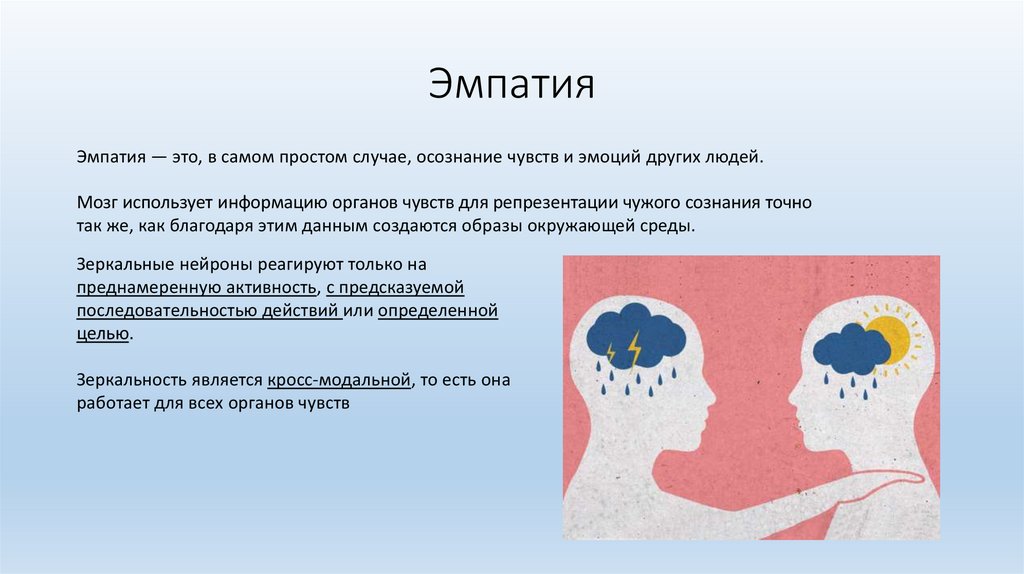 Phoebe’s dad asks the United employee if she can please go find his daughter. The United employee’s response: my shift is over and I can’t help.
Phoebe’s dad asks the United employee if she can please go find his daughter. The United employee’s response: my shift is over and I can’t help.
Phoebe’s dad pleads with the United employee, asking if she herself is a mother. The United employee says, yes, she is. Phoebe’s dad asks what she would do if her daughter was missing. The United employee says she understands and will try to help. She puts him on hold for 15 minutes while she tracks down whomever in the airport is in contact with Phoebe. Eventually, they get her on the phone and are assured that she’s okay. Phoebe makes it to Grand Rapids on a later flight and her camp picks her up without incident. She is shaken and disturbed and far away from home, having just grown up a little bit faster after seeing the mass incompetence of dispassionate adults.
There is so much more to this story — lost luggage that took 3 days to arrive, an impossible complaint process that prevents negative feedback, United Airlines’ refusal to acknowledge the fuck-up entirely until a local NBC TV news-reporter came calling — all of which you can read along with The Klebahns’ full write-up of what transpired, in an appropriately titled post United Airlines Lost My Friend’s 10 Year Old Daughter And Didn’t Care by Bob Sutton, an organizational psychologist and professor of management at Stanford University.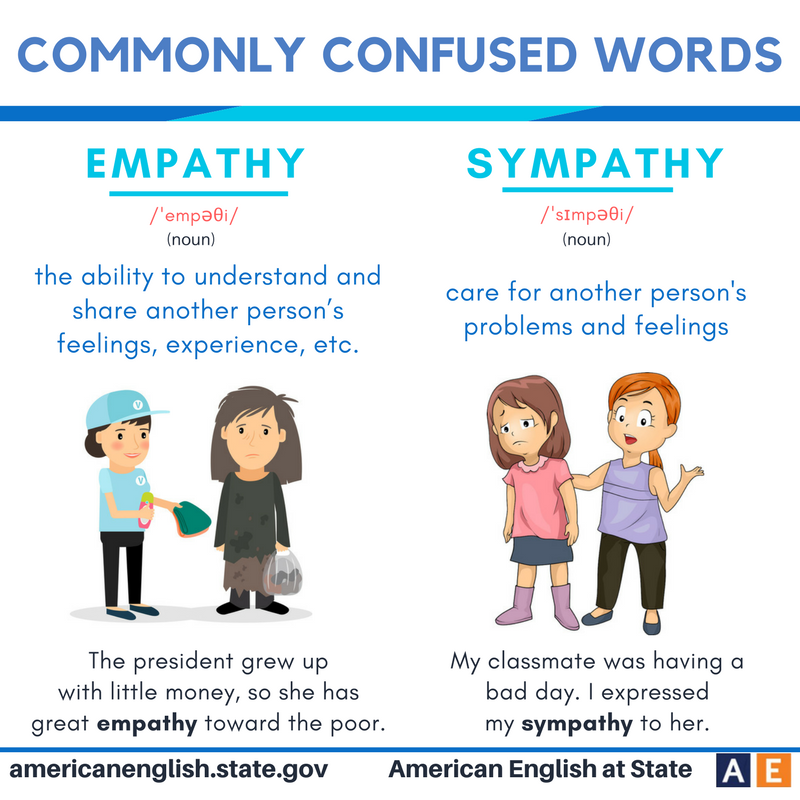
Sutton’s background qualifies him to have a professional opinion on these events, which I found rather astute:
This is the key moment in the story, note that in her role as a United employee, this woman would not help Perry and Annie. It was only when Perry asked her if she was a mother and how she would feel that she was able to shed her deeply ingrained United indifference — the lack of felt accountability that pervades the system. Yes, there are design problems, there are operations problems, but the to me the core lesson is this is a system packed with people who don’t feel responsible for doing the right thing. We can argue over who is to blame and how much — management is at the top of the list in my book, but I won’t let any of individual employees off the hook.
Sutton’s post went viral, no surprise, and the media had a field day. In Sutton’s follow-up post, he shares the official statement from United Airlines spokesman Charles Hobart:
“We reached out directly to the Klebahns to apologize and we are reviewing this matter.
What the Klebahns describe is not the service we aim to deliver to our customers. We are redepositing the miles used to purchase the ticket back into Mr. Klebahn’s account in addition to refunding the unaccompanied minor charge. We certainly appreciate their business and would like the opportunity to provide them a better travel experience in the future.”
Are you as disturbed as I am? Good.
Sutton explains:
I also want to reprint United’s statement because it lacks even a hint of empathy or compassion. Note that it does not question any of the facts put forth by Annie and Perry and also note that no attempt was made to reach out to Annie and Perry until United was contacted by NBC reporter Diane Dwyer. As one executive I know explained — he is in what they call Global Services, the top 1% of United customers — even the statement is a symptom of how deep the denial is and how shallow the humanity is in the company
Even after all the bad press and public outcry, United Airlines has continued to exhibit the deepest possible apathy across the whole organization.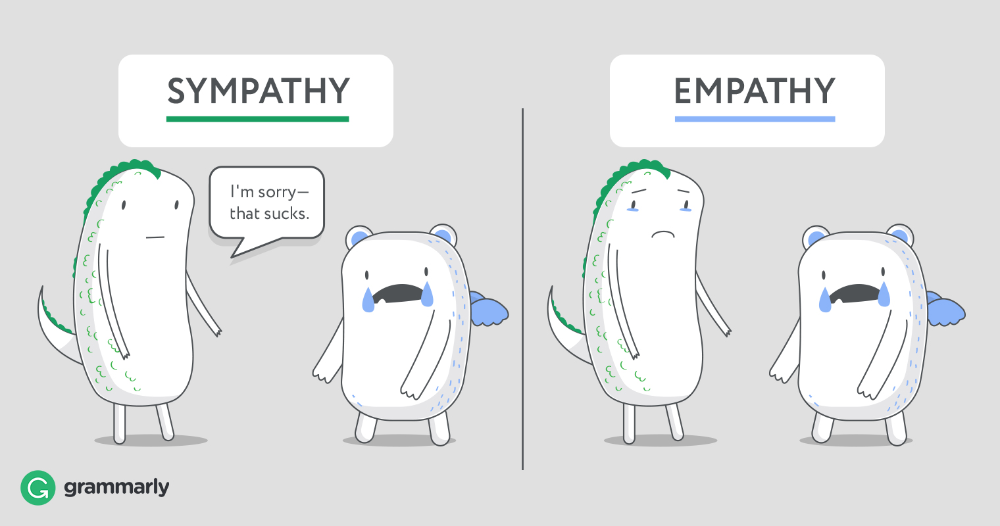 Each employee’s actions have been consistently depraved and there is no indication that there’s any change in sight.
Each employee’s actions have been consistently depraved and there is no indication that there’s any change in sight.
Phoebe’s parents have opted out of the media circus and instead have chosen to take the high-road by starting a petition to encourage widespread policy change regarding unaccompanied minors across United Airlines and the entire industry. You can read their statement in Bob Sutton’s post A Call for Change at United: A Statement from Annie and Perry Klebahn and sign their petition at Change.org.
Conclusions
Can one person make a difference? Yes, especially when it comes to fostering organizational culture.
Remember Newton’s third law of motion: for every action, there is an equal (in size) and opposite (in direction) reaction. Empathy and apathy are two-way streets. How we choose to behave shapes the way others behave around us; how others behave around us shapes the way we behave. Apathy is a vicious circle; empathy is a virtuous one.
Both of these examples involved distressing family situations. In one case, an organization had taught its employee to act with compassion and bend the rules when she felt it was appropriate. In another case, an organization had taught its employees to act with detachment and under no circumstances deviate from protocol. In the former, the employee was empowered; in the latter, the employees were pawns.
In one case, an organization had taught its employee to act with compassion and bend the rules when she felt it was appropriate. In another case, an organization had taught its employees to act with detachment and under no circumstances deviate from protocol. In the former, the employee was empowered; in the latter, the employees were pawns.
Those who aren’t treated humanely cease to feel like human beings. Inevitably, it becomes impossible to see others as human beings worthy of being treated humanely.
When an organization treats its employees with empathy, they become capable of experiencing and imparting empathy in turn. When they receive apathy, they give it right back — to customers and colleagues alike.
It’s time to get real: where do you sit on the empathy-apathy spectrum?
What are you going to do today to change the way your organization behaves? How will you set a positive chain of events into action? How will you show you care?
Do you?
Related Posts:
- The Management Problem August 29, 2012 | 4 comments
- Hostess treats their customers as badly as they treat their employees November 18, 2012 | 5 comments
- The Sheraton Responds! September 30, 2009 | 5 comments
- If Seth Godin were me… May 30, 2012 | 5 comments
- User Experience is Not Enough April 21, 2012 | 43 comments
Empathy Vs Sympathy Or Apathy: What Empathy Is Not?
(Published on: Jun 21, 2016) It’s been said that many people might believe they are empatheticor they mostly demonstrate empathy.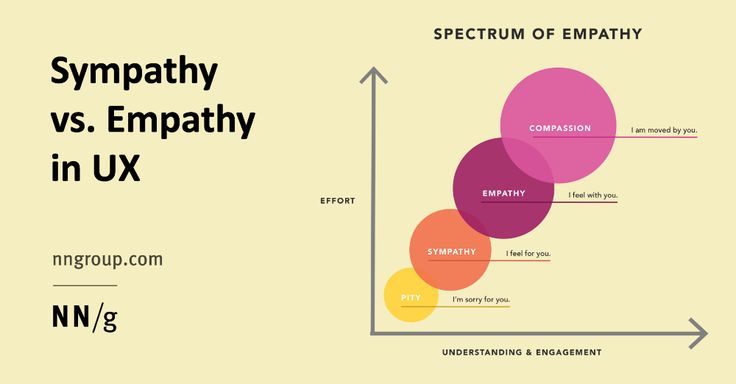 Whenin reality, they’re feeling sympathy. Though, some are feeling outright apathy…right from the start.
Whenin reality, they’re feeling sympathy. Though, some are feeling outright apathy…right from the start.
The psychologist Edward Titchener (18671927) introduced the term empathy in 1909 into the English language as the translation of the German term Einfhlung (or feeling into), a term that by the end of the 19thcentury was in German philosophical circles understood as an important category in philosophical aesthetics.
I was reading comments from a blogger post on an article about Empathy. One sub-title: “Empathy Is A Gift.” Referring to empathy feelings as a gift and distinguishing themselves as “empaths.” I found it veryenlightening. In this post, I will be referring to EmpathyNOT “empath” or “empath personality type.”
One noteworthy point from the article about the empath personality type, overall the comments seemed encouragingand flattering. However, it struck me that, not everycommentatorwas favorable. Interesting that the very people who were gifted as Empaths, expressed how their gift had some very negativeeffects.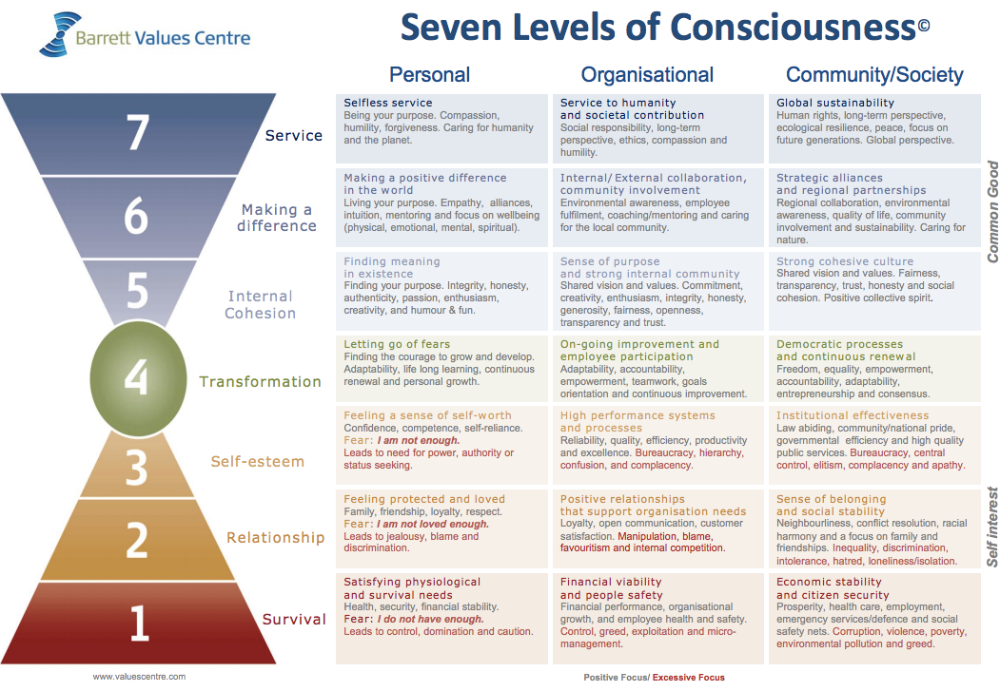 More than a few were plagued with anxiety, depression and even fear! So where is there a balance?
More than a few were plagued with anxiety, depression and even fear! So where is there a balance?
One Empath said something like, let me paraphrase the important part: being an Empath is like absorbing every emotion and feeling. The physical, mental and emotional, she said, is like painand is crippling. She suffers tremendously. Until she learned to protect herself from toxic people and avoid negativity.
I can agree, balance is the key. Not everyone will fall into theempath personality type.
Nevertheless, we all will do well to show and have and FEELempathy for each other. We don’t have to have the Empath personality type to express EMPATHY. There is no way to JUDGE [!]the depth on how you FEEL. But there are a few basics that can help us learn.
So let’s look at Empathy in the simplest definition. Can we separate it from sympathy? Or Apathy?
What is the difference between empathy and sympathy?
Here are two dictionary definitions from Merriam-Webster:
Sympathy:
the act or capacity of entering into or sharing the feelings or interests of another
Empathy:
the action of understanding, being aware of, being sensitive to, and vicariously experiencing the feelings, thoughts and experience of another of either the past of present without having the feelings, thoughts and experience fully communicated in an objectively explicit manner
I think empathy is different from sympathy.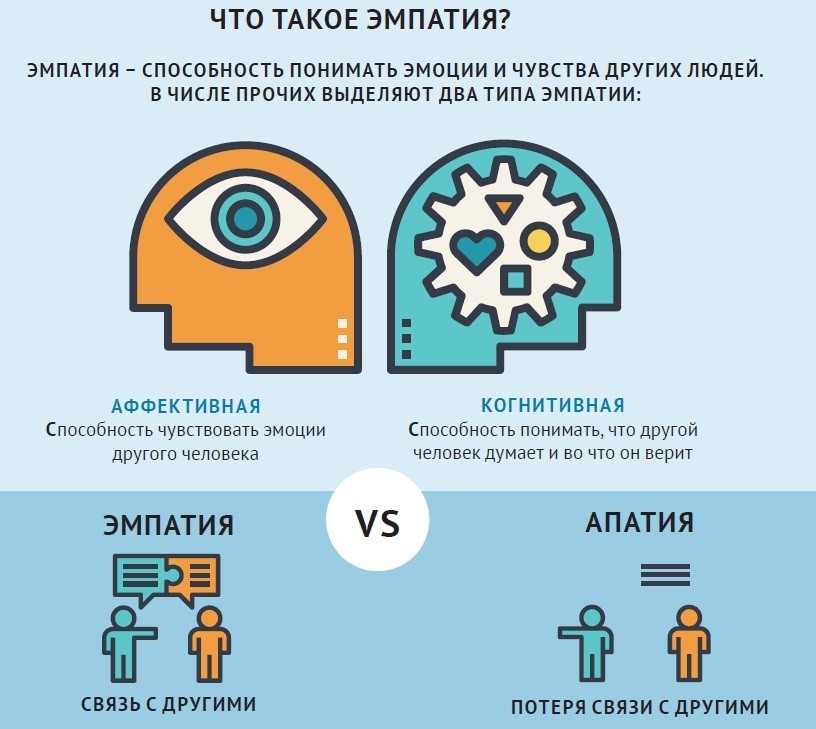 I, as a blogger, want to believeI am an empathetic person.I have to be empathetic to be able to write my blog. Iwrite about feelings andI write what others may feel.I feel their pain. Ireally am NOT empathetic “If” everything starts with“I”.
I, as a blogger, want to believeI am an empathetic person.I have to be empathetic to be able to write my blog. Iwrite about feelings andI write what others may feel.I feel their pain. Ireally am NOT empathetic “If” everything starts with“I”.
Wow, this is hard to do, even though in the paragraphs I forced the pronoun overuse of “I” to make a point. It can be difficult to apply, but it is essential to learn empathy. It is not just changing our pronouns.
- Being overly opinionated and demanding ~This Is Not Empathy.
- Debating and arguing your personal POV (point of view)~This Is Not Empathy.
- Making someone/persuading someone’s POV (point of view)~This Is Not Empathy.
- Love to start every helpful sentence with “I”~This Is Not Empathy.
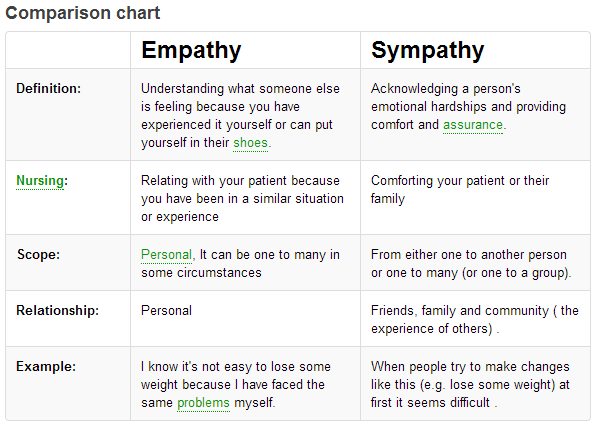
- Always says yes, “Is a Yes man!” or Yes person…Agrees to all perspectives–no matter what you say ~This Is Not Empathy.
- NO! NO! you’re wrong even 1% of the time~This Is Not Empathy.
NOTE: There is nothing wrong with not being empathetic 100% of the time. For the people that have that gift, they themselves, sometimes suffer. BUT, we should be able to know what the difference is betweenEmpathy and Sympathy and Apathy. Empathy is fellow feeling and a tool to connect to someone on an interpersonal levelthat can offer hope and healing on a deeper level.
It suspends judgment, opinions, emotions (like anger and resentment). Empathy must overcome stereotypes. We need to have an ability to temporarily suspend our own opinions. To be able towalk a mile in someone elses shoes.
- Empathy[i]: the feeling that you understand and share another persons experiences and emotions: the ability to share someone elses feelings.
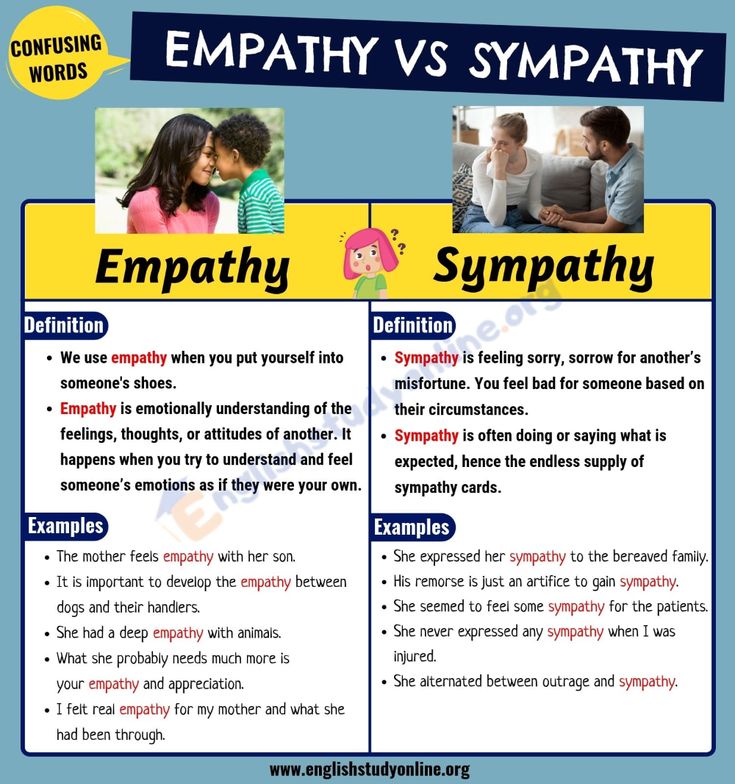
- Sympathy[ii]: the feeling that you care about and are sorry about someone elses trouble, grief, misfortune.
- Apathy[iii]:the feeling of not having much emotion or interest: an apathetic state.
Okay, I know. I am only scratching the surface, hey, it’s a cartoon blog. What do you expect?…Is this some symptoms of bipolar or something??? No, but, I do want to hear from you…WHAT IS NOT empathy?Add ontoWhat (basically) Is Not Empathy?
Mental Health Humor
Classroom: Empathy 101: Apathy 10?
Empathy 101 Door Sign: If you feel my sadness enter…
Apathy 10? Door Sign:Whatever
Caption: Can You Learn Empathy? Or Like, Do you care, Whatever…
Attention Florida Peer and Advocates:Please help me share the Florida CLEAR Warm Line.Call 800 945 1355 say it: 800 945 1355. It rolls off the tongue. It is the CLEAR Warm Line staffed by Peer Specialists waiting to lend an ear.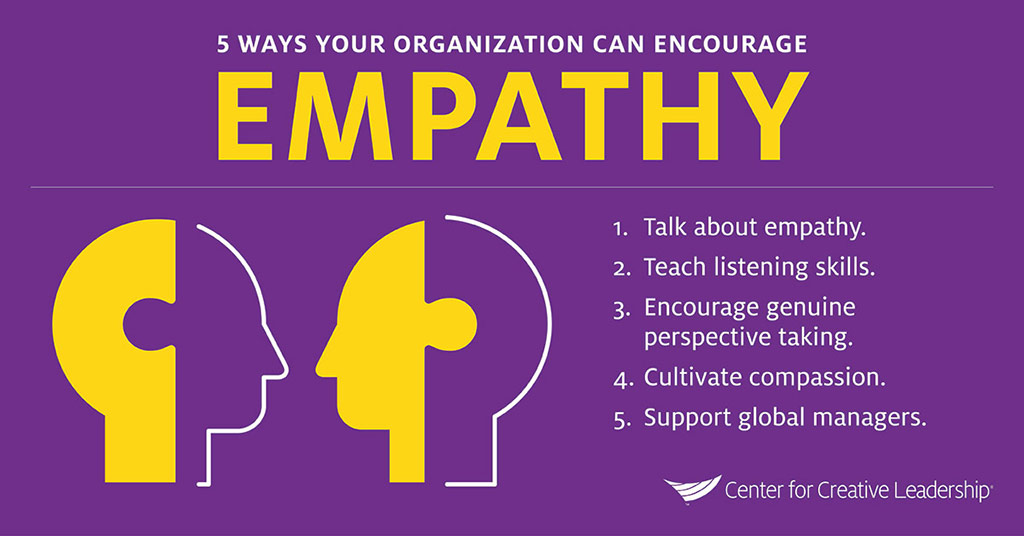 Offering support for you from 4:00 p.m. to 10:00 p.m. 7 days a week.
Offering support for you from 4:00 p.m. to 10:00 p.m. 7 days a week.
Reference
[!]Judge: Someone who shows empathy will avoid judging others. [i]Empathy Definition 2015. Merriam-Webster, Incorporated. Retrieved on June 10, 2016, from http://www.merriam-webster.com/dictionary/empathy[ii]Sympathy Definition 2015. Merriam-Webster, Incorporated. Retrieved on June 10, 2016, from http://www.merriam-webster.com/dictionary/sympathy[iii]Apathy Definition 2015. Merriam-Webster, Incorporated. Retrieved on June 10, 2016, fromhttp://www.merriam-webster.com/dictionary/apathy
What is apathy and how to deal with it
July 23, 2020 Internet Health
The main thing is not to start the problem.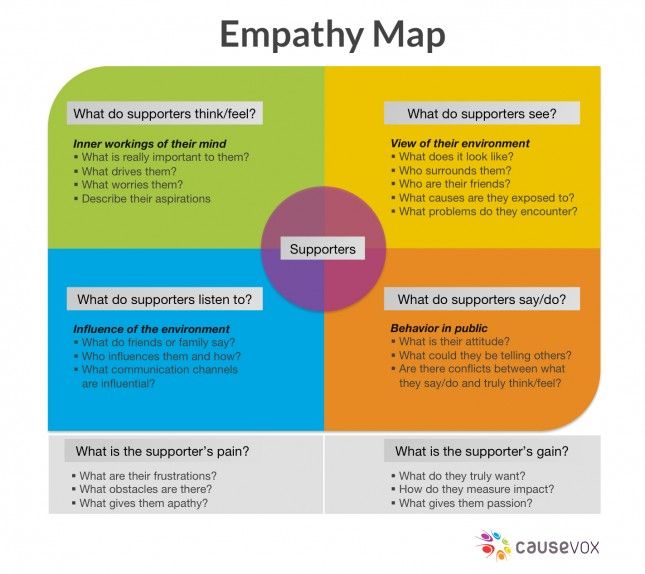
A useful new thread has appeared on Twitter. In it, the author explains what apathy is, how it manifests itself, and how you can try to pull yourself out of this state on your own.
What is apathy
apathy is a kind of defense mechanism of our psyche. the nervous system of a person in constant stressful situations turns on a certain blocker that slows down nervous processes
in turn, preventing a person from burning out from excessive nervous shocks
— ; (@yericassoo) July 21, 2020
How does it differ from laziness and depression
how to understand that you have apathy?
when you don't feel like doing the dishes because you just don't like doing it - that's laziness
apathy
- ; (@yericassoo) July 21, 2020
apathy and depression: what's the difference?
depression is not just a bad mood, but a serious illness that affects your physical and mental health
apathy is not yet depression, but a condition very close.
in general, it is absolutely normal if it lasts 1-3 days
- ; (@yericassoo) July 21, 2020
Apathy and depression can be both signs of one disorder and independent syndromes. Simply put, the presence of apathy in you does not mean depression, but this state cannot be started. If you cannot cope on your own, be sure to consult a doctor. nine0003
What are the symptoms? do not react in any way
— ; (@yericassoo) July 21, 2020
signs and symptoms of apathy:
• indifference to what is happening in life
• emotional lethargy
• reduced activity
• desire to close oneself from society
• laziness
• drowsiness
• loss of interest in simple worldly pleasures
• loss of appetite— ; (@yericassoo) July 21, 2020
According to research, in some cases, apathy can be the cause of pain syndromes.
the most common type of pain is headache, there are also disorders in the gastrointestinal tract
— ; (@yericassoo) July 21, 2020
What to do if you have lethargy
1.
basic care starts with the body
sleep and rest routine - do you do it or stay up late? do you get enough sleep?
it seems so self-evident that many simply don't consider this factor. meanwhile, healthy sleep is the basis for the restoration of the body
— ; (@yericassoo) July 21, 2020
2. Are you moving enough?
movement is the body's way of coping with stress
3. food
try to give up the habit of eating in front of the TV, try to eat with pleasure. so you will fill not only the stomach, but also your internal energy resources
— ; (@yericassoo) July 21, 2020
4. perception training
try to notice what you like in people and events. if you manage to focus on something pleasant around you, this triggers new neural connections in the brain and opens up the internal resources of the psyche
- ; (@yericassoo) July 21, 2020
5.
practice small steps
when your hands are low and you have little strength, it is important to set yourself small realistic goals and achieve them
do not plan too much! scientists have proved: a person who overloads his plan has much less time than one who plans little
— ; (@yericassoo) July 21, 2020
6. start with self-compassion and embrace your condition
at this time, the best thing is to admit that you have this condition. and you are not lazy, not shameless, but a person who is exhausted, who needs a reboot
- ; (@yericassoo) July 21, 2020
7. analysis
determine what exactly preceded your apathy. by identifying the causes, you can at least hypothetically change the situation
— ; (@yericassoo) July 21, 2020
8.
socialize
try to socialize more with different people. man is a social being. it is logical that in the absence of communication, indifference and isolation appear
but here you need to know the measure: if you are physically or mentally exhausted, it is better to sleep and take time for yourself
— ; (@yericassoo) July 21, 2020
9. watching movies and listening to music has not been canceled
10. try experimenting with your image
11. looking for a hobby
— ; (@yericassoo) July 21, 2020
if you are not yet mired in a swamp of complete apathy, then you can easily cope with this state on your own, but if this feeling continues for more than 3 weeks, then it is better to contact a specialist and there is nothing in it shameful (( take care of yourself!
- ; (@yericassoo) July 21, 2020
Read also 🧐
- 7 reasons why laziness is a myth
- 0162 "I didn't know why I should wake up.
" Personal story about life with depression
Autumn apathy or depression? Here's what's important to know about seasonal affective disorder
Health
If in autumn your hands drop (and almost never rise), it makes sense to monitor your condition for signs of depression. We tell you what seasonal affective disorder (SAD) is and how the season and lack of sunlight can affect our mental health. nine0175
What is seasonal affective disorder and why we can feel bad in autumn
Seasonal affective disorder (SAD) is a type of recurrent depression. Its symptoms appear at certain times of the year: SAD most often overtakes in late autumn and winter, some patients relapse in autumn and spring, and some in summer. According to a study published in the American Journal of Psychiatry, 38% of people who seek treatment for depression have a seasonal component. nine0003
The appearance of SAD in the autumn-winter period is associated with the fact that due to less sunlight and short daylight hours, a biochemical imbalance occurs in the brain. Our circadian rhythms, our internal biological clock, are disrupted. It has been established that seasonal affective disorder is more common in people living far from the equator: if in Florida SAD affects 1% of residents, then in Alaska it is already 9%. It is also known that SAD is diagnosed four times more often in women than in men, and also in young patients. nine0003
Our circadian rhythms, our internal biological clock, are disrupted. It has been established that seasonal affective disorder is more common in people living far from the equator: if in Florida SAD affects 1% of residents, then in Alaska it is already 9%. It is also known that SAD is diagnosed four times more often in women than in men, and also in young patients. nine0003
Scientists also suggest that people with seasonal affective disorder may have problems regulating one of the main neurotransmitters that affect our mood - serotonin. One study found that SAD patients had 5% more serotonin transporter protein in their bodies during the winter months than during the summer months. The transporter protein leaves less available serotonin at the synapse because its function is to deliver the neurotransmitter back to the presynaptic neuron. nine0003
-
Diet for happiness: how to influence the synthesis of dopamine, serotonin and other neurotransmitters through nutrition
In addition, scientists suggest that people with SAD may produce too much melatonin, a hormone that regulates sleep.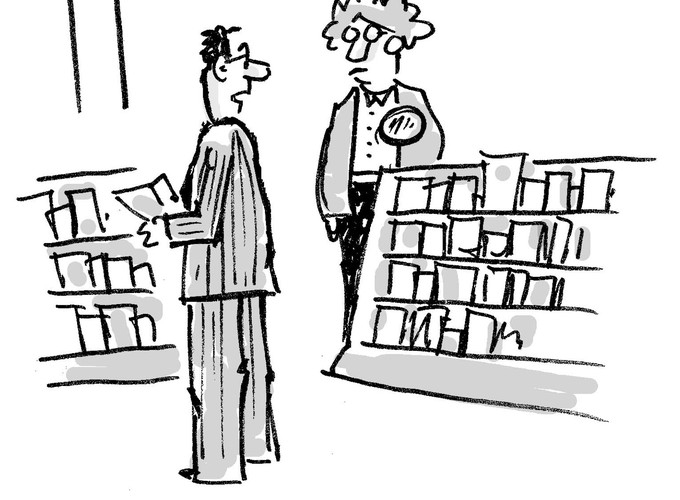 When daylight hours get shorter and melatonin production even higher, a person feels sleepy and lethargic. Seasonal affective disorder can also be deficient in vitamin D, which contributes to the production of serotonin. nine0003
When daylight hours get shorter and melatonin production even higher, a person feels sleepy and lethargic. Seasonal affective disorder can also be deficient in vitamin D, which contributes to the production of serotonin. nine0003
To understand whether there is a seasonal component in depression, it is important for a psychologist or psychotherapist to identify patterns in your condition - whether you have experienced a similar decline at the same time of the year in the past. And during the diagnosis, it is important to exclude the possibility of bipolar disorder, in which depressive episodes alternate with manic and hypomanic episodes. Petersburgers with recurring episodes of depression are also advised to have their thyroid hormone levels checked.
How to distinguish autumn blues from depressive disorder
Depression is a stable state of depression. From a medical point of view, it is said when a person has a reduced mood and a loss of the ability to enjoy life for at least two weeks. It is also important to remember that depression has not only cognitive-affective components, such as feelings of guilt and worthlessness, but also physiological ones, such as problems with sleep and appetite. If you have had at least four of the following symptoms for a long time, it is likely that you have a depressive disorder:
It is also important to remember that depression has not only cognitive-affective components, such as feelings of guilt and worthlessness, but also physiological ones, such as problems with sleep and appetite. If you have had at least four of the following symptoms for a long time, it is likely that you have a depressive disorder:
- Feeling of hopelessness
- Irritability
- Feelings of guilt, worthlessness or helplessness
- Loss of interest in or enjoyment of favorite activities
- Decreased energy, feeling tired
- Speech and movement retardation
- Feeling restless, unable to sit still
- Problems concentrating, remembering or making decisions
- Sleep problems - early awakening or excessive sleep
- Changes in appetite and/or weight
- Thoughts of death or suicide or suicide attempts
- Pain, including headaches, convulsions, digestive problems
Patients with seasonal affective disorder often experience fatigue even with too much sleep and weight gain associated with overeating and increased cravings for carbohydrates.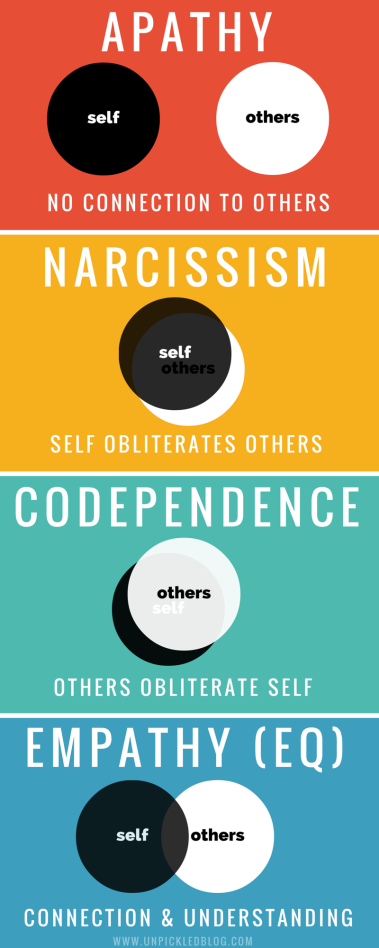
How to help patients with seasonal affective disorder
The treatment of SAD is based on exactly the same principles as the treatment of depression - it is psychotherapy and, if necessary, the prescription of antidepressants. In Europe and the United States, SAD is often treated with light therapy or phototherapy. Some claim that going to the tanning bed can help relieve the symptoms of seasonal affective disorder. But there is no evidence for this - in addition, the ultraviolet light emitted by tanning beds significantly increases the risk of developing skin cancer.
Khristina Kuzmina
Alter clinical psychologist
When working with a client, we study the style of his thinking, which, among other things, led to the development of a depressive disorder, and we try to make changes to it. Already at the final stages of treatment, when a person comes out of depression, we discuss his individual risk factors upon returning to this state.

